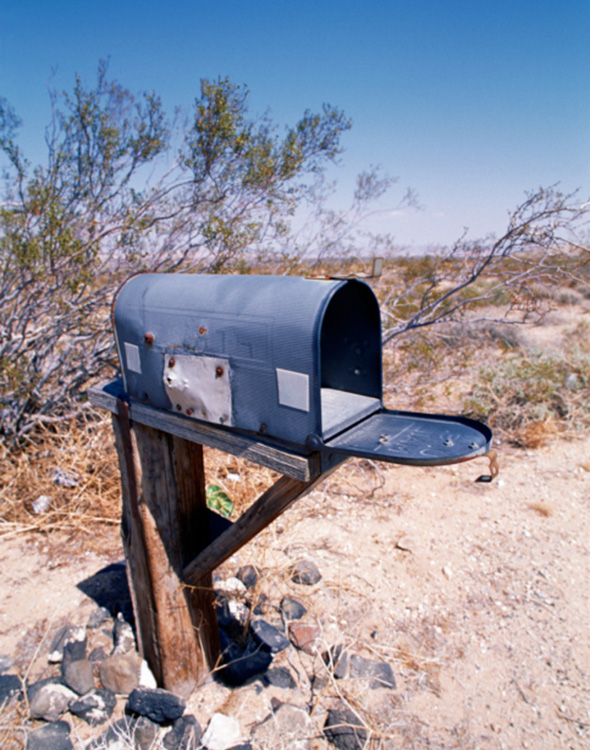Is Direct Mail Really Dead?
You may have heard the hype that direct mail has died and gone to junk mail heaven. Don’t believe it. That talk comes from people who have never learned how to use direct mail correctly and effectively or who have a vested interest in spreading false and misleading information.
Why use direct mail? Because it works.
- It works in getting clients.
- It works to get your foot in the door.
- It works for lead generation.
- It works for growing traffic at brick-and-mortar (and even online) businesses.
- It works at differentiating your company from those who rely strictly on online communication.
Direct mail marketing is extremely reliable and extremely precise. It can be inexpensive and personalized. In fact, direct mail arrives more personally than any other medium and can deliver a message with 100% exposure.
In addition to all of this, direct mail…
- Requires virtually no tech skills
- Can be leveraged using shared advertising space
- Is what nearly all recipients prefer for unsolicited advertisement
- Can bring in business without someone actively searching for it
- Can be scaled infinitely
- Has worked for over a century without fail
- Has always been the king of all advertising
- Can take almost any business to any level of success desired
- Can be felt and not just seen
- Has an infinite shelf life
To be clear, “junk mail” is NOT what we are referring to as effective direct mail. Some companies with large marketing budgets can afford this type of “spray and pray” mailing.
Effective direct mail marketing takes some thought, planning, and strategy. It needs to be memorable, and it needs to stand out. Businesses of all size that are utilizing this powerful tool are still reaping the rewards.
No, direct mail isn’t dead. It’s alive and kicking. If you haven’t tried it in a while, try it again. You won’t be disappointed by the results.







